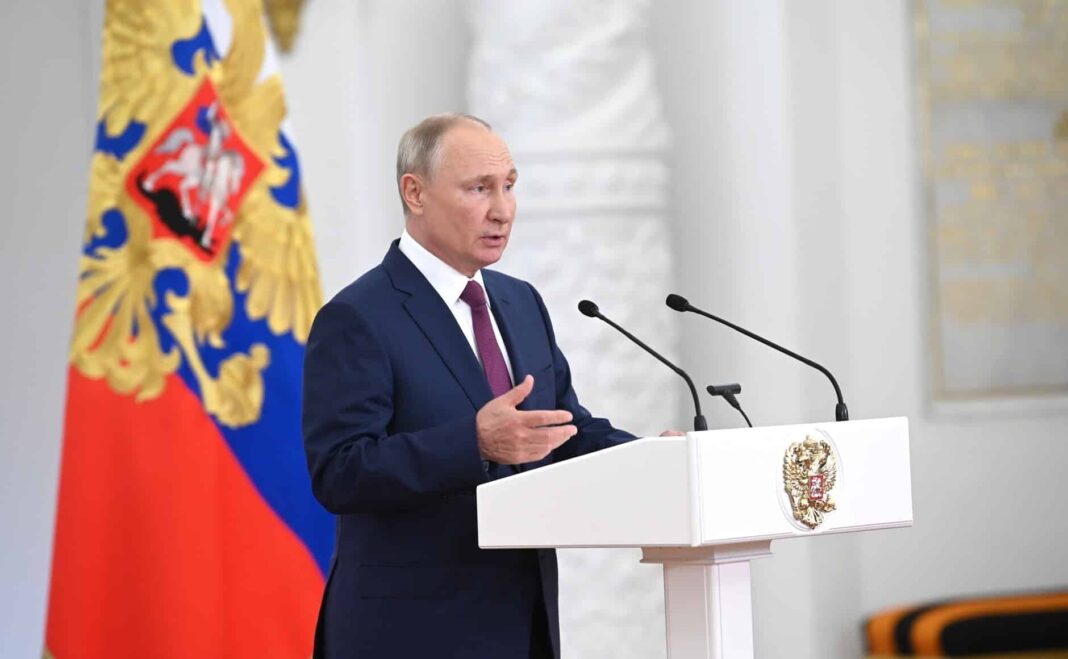As Russia prepares for the next presidential election, all eyes are on the candidates vying for the country’s highest office. Although the outcome seems inevitable: the re-election of incumbent President Vladimir Putin.
Scheduled between Friday, March 15 and Sunday, March 17, Russian voters are poised to cast their ballots amid ongoing tensions surrounding the conflict in Ukraine, which Russia ignited two years prior. Despite the semblance of a democratic process, the outcome appears predetermined, with Putin poised to secure a fifth term in office.
While eight candidates are officially in the running, the systemic opposition tolerated by the Kremlin is unlikely to pose a significant challenge. Five parties, including United Russia, the Liberal-Democratic Party, the Communist Party, New People, and Just Russia, have put forward candidates without the need for citizens’ signatures. Meanwhile, other political figures faced stringent requirements, such as collecting between 100,000 and 105,000 signatures from citizens to stand for election.
Leading the pack is Vladimir Putin, running as an independent candidate. His campaign, seemingly a mere formality, boasts an overwhelming number of signatures, ensuring his place on the ballot. At 71 years old, Putin is poised to extend his reign until 2030, if not beyond, having secured a landslide victory with 76.7% of the vote in 2018.
Challenging Putin are candidates like Leonid Sloutsky of the Liberal Democratic Party, who aligns closely with the President’s nationalist agenda, and Nikolai Kharitonov of the Communist Party, whose lackluster candidacy mirrors his party’s tacit support for Kremlin policies.
Meanwhile, Vladislav Davankov of New People offers a youthful alternative, advocating for economic reforms and modernization while maintaining an ambiguous stance on the conflict in Ukraine.
However, the absence of prominent figures like Grigori Yavlinski and the rejection of candidates like journalist Ekaterina Dountsova underscore the limited scope of genuine opposition in Russian politics.
Notably absent from the electoral fray is anti-corruption activist Alexei Navalny, imprisoned and barred from running, yet still a potent symbol of resistance against Putin’s regime.
As the presidential election unfolds, it is clear that Putin’s victory is all but assured. Despite superficial trappings of democracy, the Kremlin’s grip on power remains unchallenged, leaving little room for genuine political competition. For Russian citizens, the election serves as a stark reminder of the entrenched nature of authoritarian rule and the limited prospects for meaningful change.











